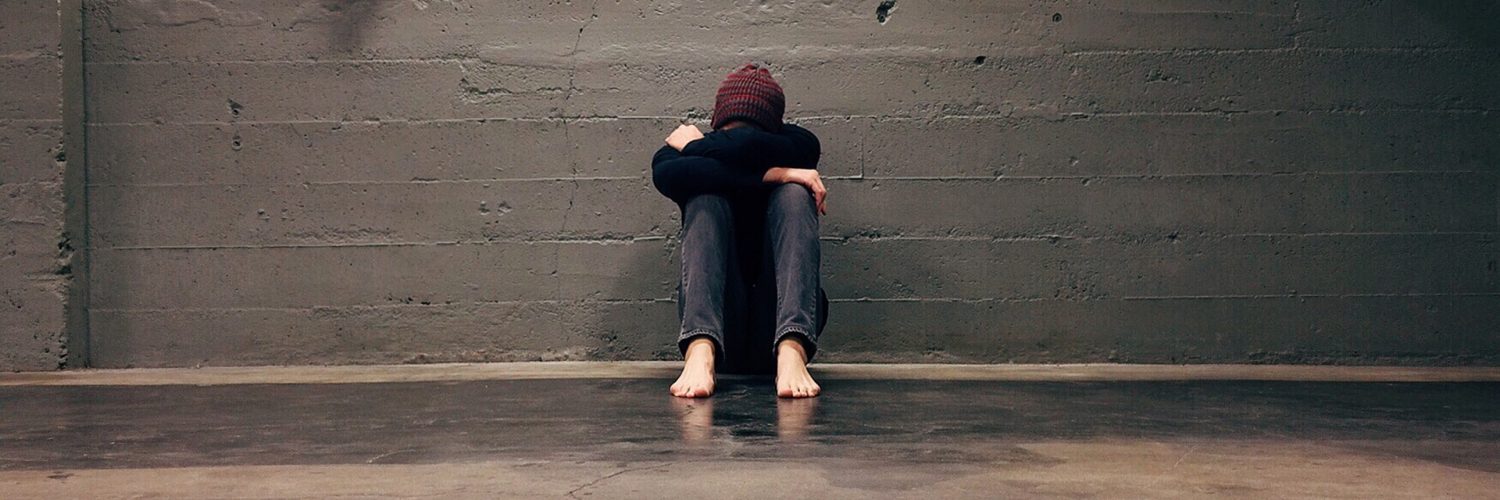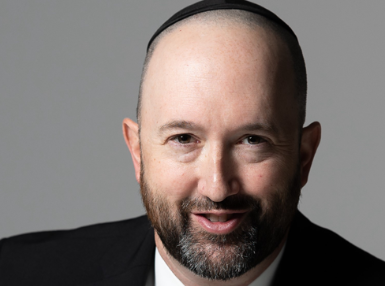Arizona Attorney General Mark Brnovich is awarding nearly $680,000 in grants to five community organizations across the state.
Brnovich announced June 18 that he would be awarding $670,227 in grants from the Attorney General’s Office to “assist at-risk vulnerable populations and homeless adults and families as they work towards self-sufficiency and independence.”
“Too many Arizonans live paycheck-to-paycheck and many of our seniors don’t have enough in their savings to absorb a medical expense or home repair cost,” Brnovich said in a statement. “High temperatures make this time of year particularly dangerous for vulnerable populations who are struggling to pay their bills or who lack a roof over their heads.”
The grant money will be used to help vulnerable populations including seniors, veterans and individuals with mental illnesses or neurocognitive diseases with services such as meals, transportation, and utility and rent assistance.
The five organizations awarded grants were:
- Catholic Community Services of Southern Arizona, Inc. (Pima County) was awarded $220,746;
- Central Arizona Shelter Services (Maricopa County) was awarded $250,000;
- Community Action Human Resources Agency (Pinal County) was awarded $63,477;
- Cornerstone Mission (Mohave County) was awarded $62,971;
- Old Concho Community Assistance Center (Apache County) was awarded $63,312.
Community Action Human Resources Agency (CAHRA), Cornerstone and Concho plan on using their money to assist community programs that offer housing and other essential support services including prevention, utility and rent assistance, meals, transportation, and referrals to partner agencies where necessary. They will focus on seniors 55 and older. All three of their grants were submitted by the Arizona Department of Economic Security (DES).
“Arizona has seen an upward trend of seniors among the homeless population, which is very concerning to us as the human services agency for the State of Arizona” DES Director Michael Trailor said. “Through this grant, the Arizona Department of Economic Security will be able to provide additional Homeless Prevention services to seniors living in rural Arizona, allowing these residents to remain safely in their homes. We look forward to working with our valued agency partners to serve individuals in Apache, La Paz, Mohave, Navajo and Pinal Counties.”
Central Arizona Shelter Services (CASS) will use the money to help individuals and families undergo homeless diversion and rental assistance programs that include one-time financial assistance to address utility payments, deposits, rental costs and eviction arrears.
The organization focuses on seniors 55 and older, individuals with disabilities, single adults, veterans and families with children.
“As Arizona’s largest and longest-serving homeless emergency shelter, we are truly grateful to Attorney General Brnovich and his leadership for those in need,” Lisa Glow, chief executive officer for CASS, said. “This two-year grant will help us address Arizona’s homeless crisis by giving hundreds of people a small hand up to get back into housing or to reunite with family. A wise investment that will allow us to help hundreds of senior citizens, veterans, youth, families, men, and women who have fallen on hard times.”
Catholic Community Services of Southern Arizona, Inc. (CCSSA) will provide individuals and families with utility and rent assistance in addition to life-skills and financial management training with an emphasis on seniors 55 and older, mentally disabled individuals and single mothers with minor children.
“This funding will be instrumental to the stability of households we serve,” said CCSA Program Manager Sonia Lopez. “By working with vulnerable participants who are on the brink of homelessness, the program is able to prevent lifelong effects from such a traumatic experience, especially for families with young children.”
The two-year grants were awarded by a competitive evaluation process and were a result of the nearly $3 million Arizona received from a 2015 joint state settlement against Standard and Poor’s (S&P).
“Government can’t solve all of society’s inequalities, but partnerships with proven non-profit organizations can help provide a small safety net for low income and struggling individuals,” Brnovich said.
















Add comment